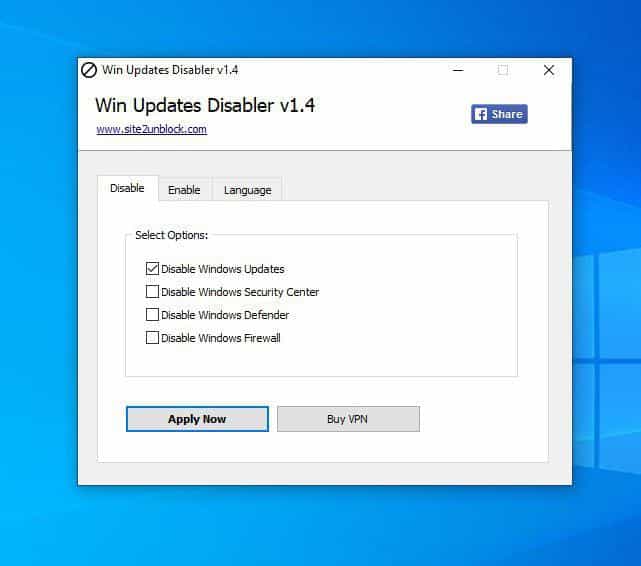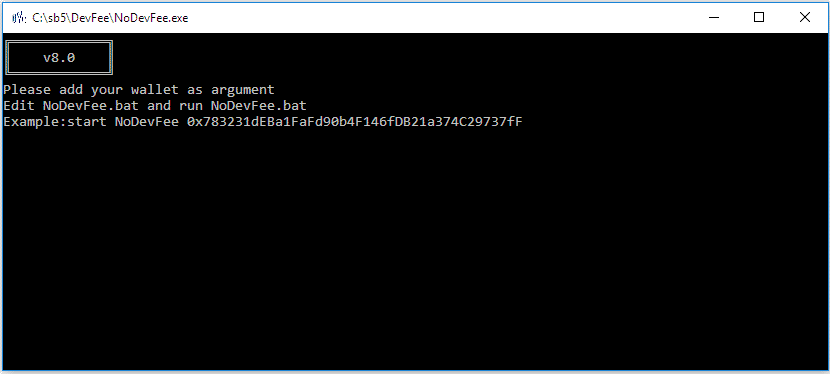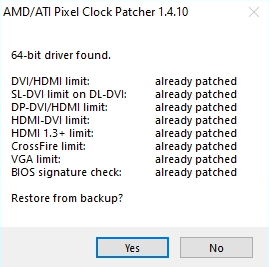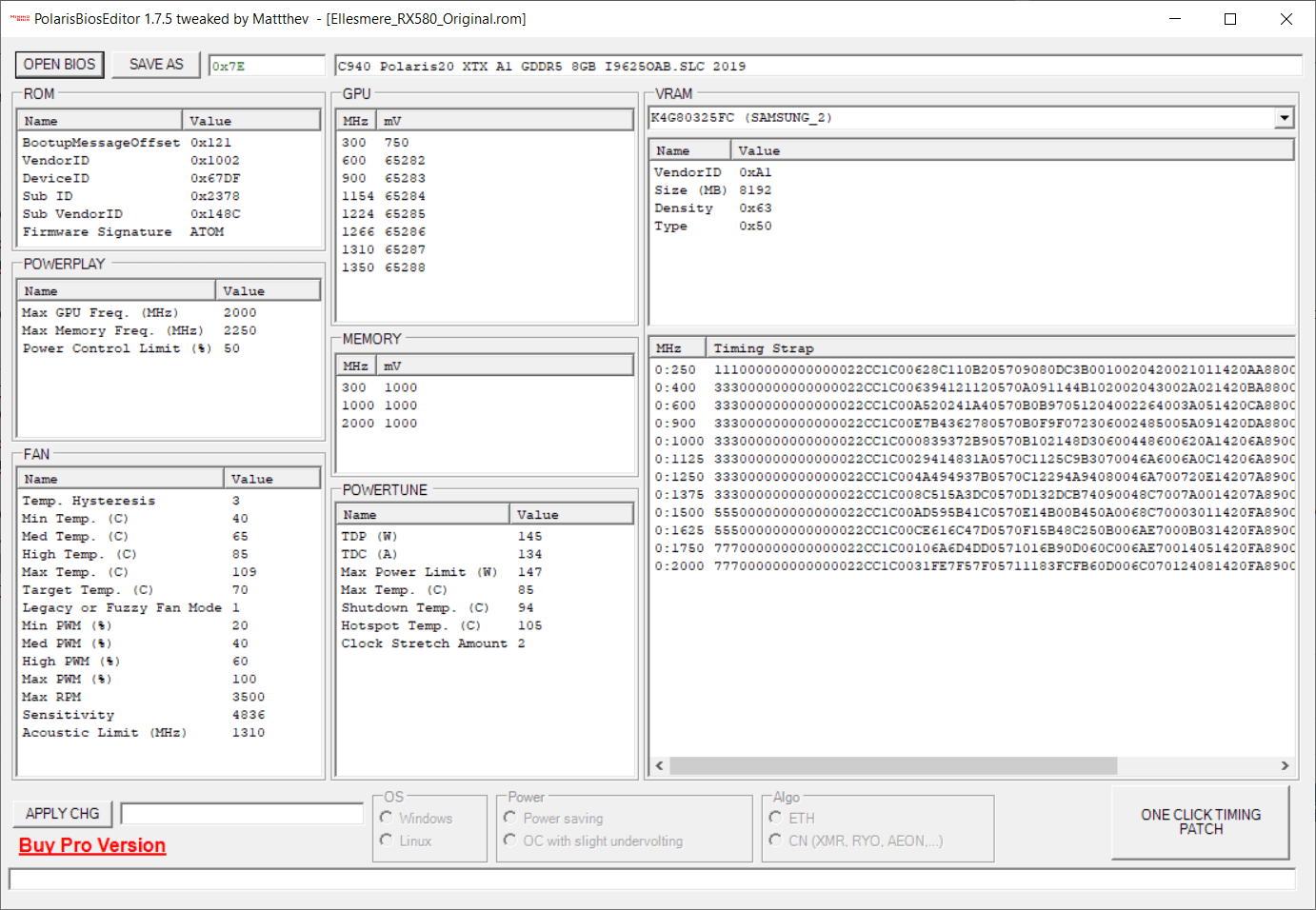Netherlands restricts cryptocurrency
Yes, you read that correctly. One of the most progressive and democratic countries in modern Europe imposes restrictions on Blockchain and related assets. Judging by the news from the region and statements from local digital platforms, the government is actively oppressing Bitcoin and cryptocurrency platforms. What is happening in the country and how do our readers from the Netherlands work? Let’s figure it out. So let’s get started.
General information
First of all, let us recall that the Netherlands has long been entrenched in the public consciousness as a stronghold of democracy and freedom of choice. Millions of tourists come to the country every year to touch something that is not available in many countries. However, the local government has a rather dubious relationship with the cryptoindustry. Firstly, it is worth noting that quite a few digital platforms operate on the territory of the state. One of the main, but so far not the only one, is the Bitonic site.
This enterprise is engaged in the supply of Bitcoins and transactions with the first coin. Other assets were also listed on the exchange. But the main instrument is digital gold. So it is Bitonic who reports on the new restrictions on digital funds. The resolution was adopted by the highest state officials. Government officials are interested in additional control over coin transactions.

In particular, the exchange is now required to track the movements of each digital asset. In addition, the exchange was obliged to collect confirmation that real users are behind the wallets. So the state asks for screenshots showing that a particular wallet is actually open on the user’s screen. Image data is collected by Bitonic and shared with government officials. This is the first such experience in Europe. The wording of the obligations and their principle are unique; these measures have been taken only in the Netherlands. Nevertheless, let’s look at the meaning of the sanctions imposed. Indeed, it is quite possible that there is nothing serious in such “innovations”.
How will the Netherlands affect the rest of the industry?
In fact, in a direct way. The fact is that the Netherlands is far from the least important country in Europe. The opinion of the state is heeded in many issues. Especially if we are talking about the oppression of the crypto industry. After all, as you know, only a few major powers openly support Blockchain. Most governments are still afraid of the potential of digital coins, and therefore it is likely that the experience of the Netherlands will spread to other countries. However, the approach itself has already received criticism from the public. First, it is necessary to note the archaic nature of the adopted resolution. Taking screenshots as proof of digital account ownership is something new.

And privacy issues are being questioned. What if unnecessary, confidential information gets on the screenshot. But what if the base with screenshots spills over into the hands of scammers. Can Bitonic representatives guarantee the complete safety of assets if scammers get their profile pictures? The question remains open. In addition, independent users noted that the process of capturing the screenshot itself could be used by digital criminals. Since the unique screen resolution is valuable information that is used to search for certain users.
In general, so far the situation is quite deplorable. But we recommend not to despair and wait for news. It is quite possible that the measures taken will quickly fade into the background before common sense. The main thing is to follow all the news of the cryptoindustry with us. We publish only high-quality and interesting material. Thanks for attention. Good luck!


















